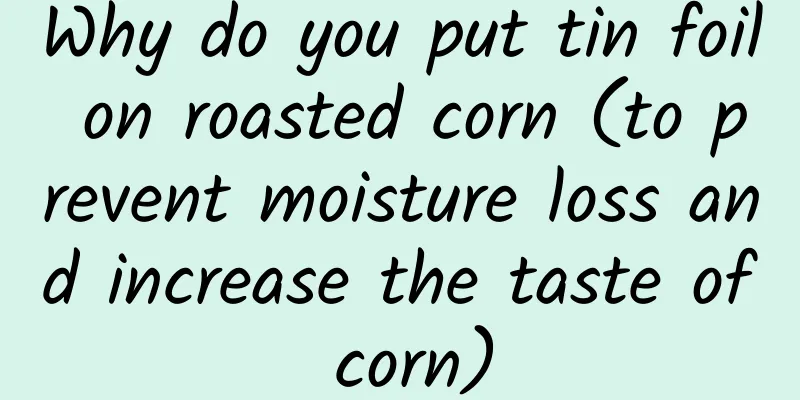How to prevent meningitis in winter and spring?

|
What is meningococcal meningitis? Epidemic cerebrospinal meningitis (EMM) is a purulent meningitis caused by meningococci. The pathogens invade the blood circulation from the nasopharynx, causing sepsis, and finally confine themselves to the meninges and spinal cord membranes, forming purulent meningitis. The main clinical manifestations are sudden high fever, headache, vomiting, petechiae on the skin and mucous membranes, and meningeal irritation. Cerebrospinal fluid shows purulent changes. The disease is widespread throughout the world, either sporadically or in epidemic form, and is mostly reported in winter and spring, with the main incidence in children. Meningococcal meningitis is a purulent meningitis caused by Neisseria meningitidis. It can occur in any age group, but is more common in winter and spring. The incidence begins to rise after November and reaches a peak in February-April. The highest incidence is in children under 14 years old, especially children under 7 years old. Meningococcus can be spread through droplets. After infection with meningococcal meningitis, the initial symptoms are low fever, sore throat and other cold-like symptoms, followed by fever, chills, headache, vomiting, and rashes of varying sizes and uneven distribution on the skin and mucous membranes. In severe cases, there will be severe headaches, frequent jet-like vomiting, fear of light, mania, pain in the back of the neck, stiff neck and other symptoms. If not treated in time, death can occur within 24 hours, and the condition is more serious for infants and young children. How to prevent meningitis in winter and spring? During the epidemic season, comprehensive preventive measures should be taken to prevent the occurrence and spread of meningococcal meningitis. Specific measures include the following: 1. "Three Sunshine and One Opening" kills germs. The pathogen of "meningococcal meningitis" - meningococci are afraid of cold, heat and oxygen. Therefore, they are not easy to survive in an environment with plenty of sunshine and fresh air. "Three Sunshine and One Opening" means often sunbathing, drying bedding and clothes, and opening windows in the room for ventilation to achieve the purpose of killing the germs of the disease. 2. Vaccination to enhance immunity. Children under 15 years old are susceptible to meningococcal meningitis and need to be protected. However, the current meningococcal epidemic has a tendency to move to older age groups, and the vaccination targets are wider. In addition to going to less or no crowded public places during the epidemic season, you can also get vaccinated with meningococcal polysaccharide vaccine to improve your immunity to meningococcal meningitis. After vaccination, the immunity can last for more than one year. After a case of meningococcal meningitis occurs in the surrounding area, under the guidance of the local disease prevention and control agency, the vaccination targets of a certain range of people can be vaccinated with meningococcal vaccine in an emergency. 3. Timely detection and early isolation. During the season when meningococcal meningitis is common, if children are found to have unexplained fever, headache, or vomiting, they must be alerted and taken to the hospital for examination in time. Those diagnosed with meningococcal meningitis must be isolated and treated. Suspected patients or close contacts of patients must be closely observed to prevent the spread of the disease. How to get the meningococcal vaccine? The best strategy to prevent meningococcal meningitis is to use multivalent polysaccharide vaccines to prevent susceptible populations. Children aged 6 months to 2 years old should be given two doses of group A meningococcal vaccine at 3 months intervals. At 3 and 6 years old, they should be given a booster dose of group A or group AC meningococcal vaccine. It is recommended that children aged 6 to 15 years be vaccinated with group AC meningococcal vaccine. Adults can also be vaccinated voluntarily. There may be redness or tenderness 6-8 hours after vaccination, which will gradually subside after 24 hours. Getting vaccinated is not a safe bet. The meningococcal vaccine immunizes 90%-95% of the population, but there is still a possibility of infection. Therefore, it is important to take proper precautions during the peak period of meningococcal disease. Popular Science Doctor: Chen Xiaoli Workplace: Xiyangdian Town Health Center, Pingyu County |
<<: My front teeth were broken 3 times while chewing duck neck. How did the teeth get destroyed?
Recommend
How many days does it take from intercourse to pregnancy
My female compatriots all want to increase the pr...
What should I do if pregnant women have less amniotic fluid?
If a pregnant woman has too little amniotic fluid...
Breast enhancement scraping technique
A plump breast is a manifestation of feminine cha...
Moxibustion during implantation
Every young newlywed couple wants to have their o...
What is female uterine prolapse?
You can only understand the hard work of your mot...
Do you feel dizzy after squatting for a long time? It may not be low blood sugar! Be careful of this...
Have you had this experience? After squatting dow...
Does leucorrhea occur before or after menstruation?
I believe many female friends are very familiar w...
How to prevent leucorrhea from appearing like tofu residue
The pressure of life is getting higher and higher...
Is candidal vaginitis contagious?
Candida vaginitis is a type of vaginitis and a di...
The importance of ovulation to women's health
The last time I saw a movie, it said that women o...
Remedies for cold legs during confinement
Nowadays, many women often suffer from some disea...
Sino Consulting: China's mobile phone sales reached 91.9 million in Q1 2013, of which 3G mobile phones accounted for 84.9%
The picture shows the overall market performance ...
There are 4 treatments for pelvic effusion
Pelvic effusion, also known as pelvic hydrops, is...
What to do if you feel uncomfortable before menstruation
Everyone knows that menstruation is always accomp...
Pit and fissure sealing - a little helper for children's dental care
Author: Luo Liuyi, Zhang Yingjun, Zhou Yijun Scho...









